

Roslyn Athletes Taken Too Soon
Remembered by Jewish Sports Heritage Association Ethan Falkowitz and Drew Hassenbein were only 14 years old when they were killed in a horrific crash. Before a wrong-way drunk driver took
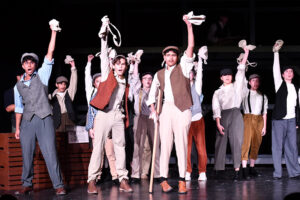
Extra! Extra! Herricks Delivers With Newsies Production

Multicultural Week At Roslyn Schools

East Williston Seventh-Graders Participate In All County Art Exhibition

Join The Guidance Center’s Annual Spring Luncheon
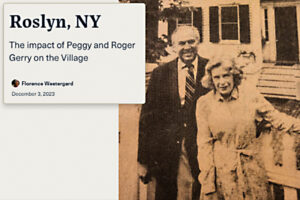
Multimedia Gerry StoryMap Now Available Through Roslyn Landmark Society
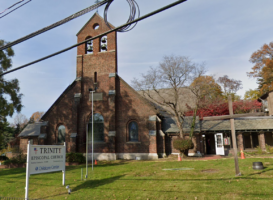
Trinity Church’s Gilded Age Personalities: Lecture And Walking Tour On April 14th
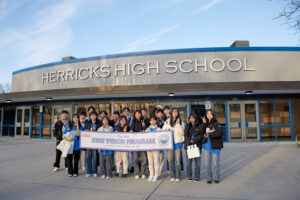
Herricks Hosts Visitors From Korea
International students experience a day in America KISS Products, a renowned global leader in beauty and personal care products, proudly hosted the 18th annual KISS
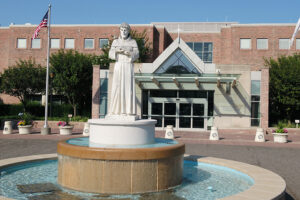
Catholic Health Receives Highest Designation By International Cardio-Oncology Society
Catholic Health has recently been recognized by the International Cardio-Oncology Society (ICOS) as a Center of Excellence and awarded a ‘gold status’ designation. The certification
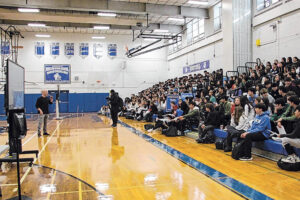
Roslyn High School Hosts Career Day Inc.
its first-ever Career Day Inc. on Friday, Dec. 1, 2023. Career Day Inc. is a day-long program that connects students with a variety of professionals
TRENDING
(Photo from NBCUniversal)
Chuck Scarborough:
A Beacon of Journalistic
Longevity
By Christy Hinko • April 22, 2024
THIS WEEK'S
SPECIAL SECTIONS

UPCOMING EVENTS
- Check back for future events



